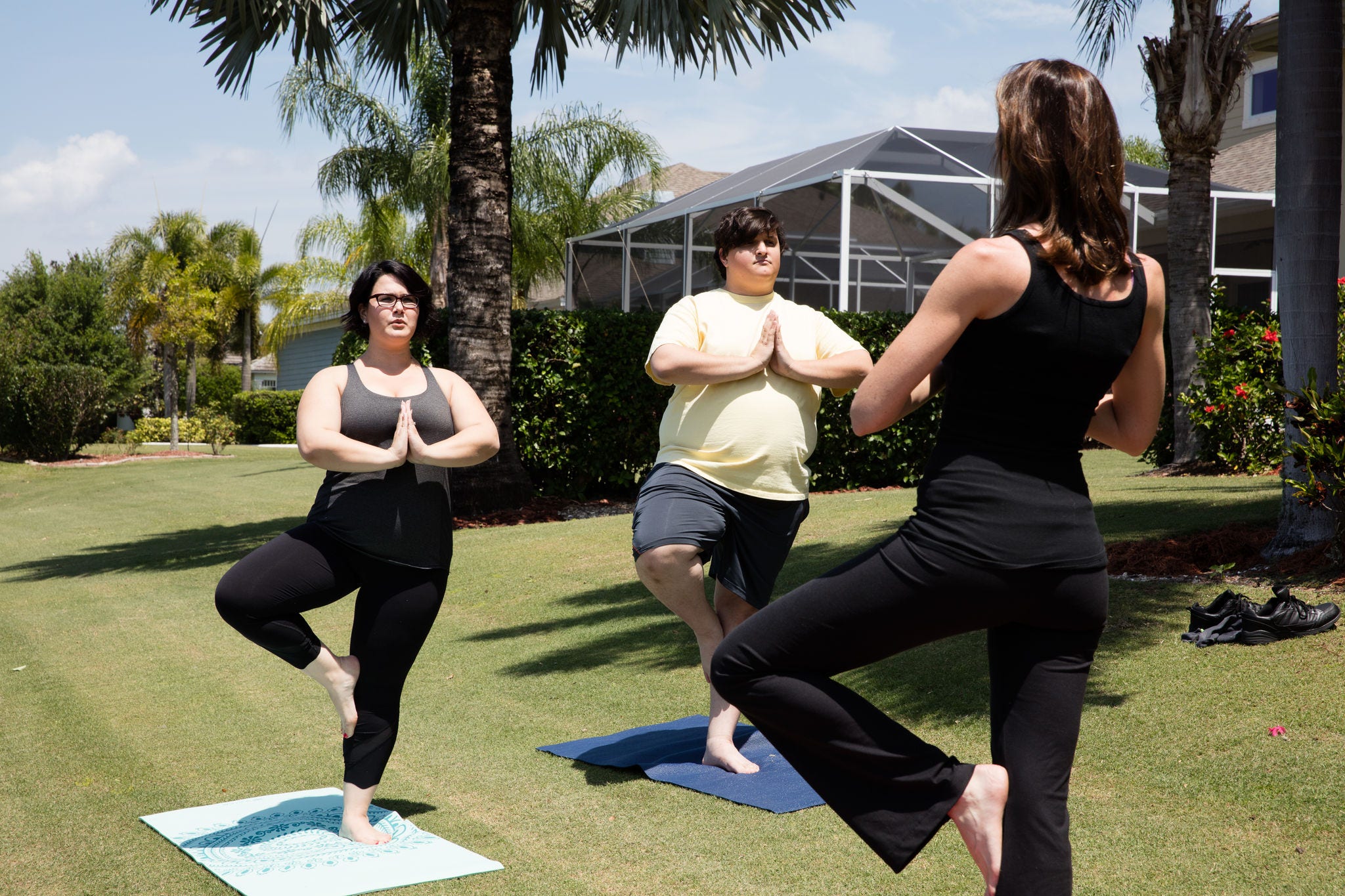Your gift is 100% tax deductible.
Healthy Eating & Active Living Research Highlights
Obesity, lack of physical activity, and poor diet are major risk factors for cancer – second only to tobacco use.
According to Cancer Facts and Figures 2025, almost 19% of cancer cases and 17% of cancer deaths are related to the combined effects of excess body weight, alcohol consumption, physical inactivity, and unhealthy diet, and thus have the potential to be prevented.
The American Cancer Society (ACS) has recommendations for individual choices and for community action to make it easier for everyone to choose healthy behaviors.
Stats Don't Lie. You can eat and move your way to better health.
Follow the ACS Guideline for Diet and Physical Activity. Here are 2 reasons why:
Statistics are from Cancer Facts & Figures, 2025
Active Living Studies
The Numbers Show . . . More Americans Need to Get Moving
Statistics are from Cancer Facts & Figures, 2025




